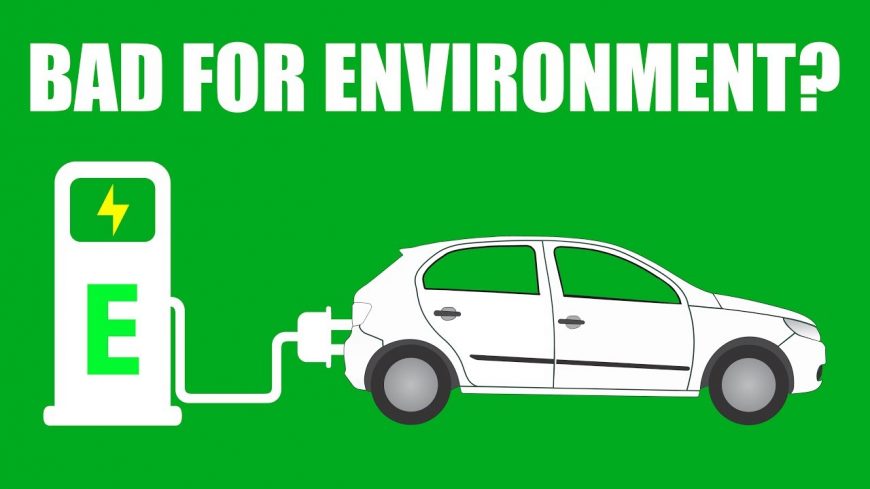Engineering Explained: Are Electric Cars Actually Worse For The Environment?

It’s often debated that electric cars, despite creating zero emissions directly from exhaust like an internal combustion engine, are still worse for the environment because of what all goes into their production, specifically the batteries themselves.
As we’ve learned over the year, Jason from Engineering Explained is one of the best places to turn when you want to get past all of the opinions and find out actual, fact-based information and mathematical proof to prove or disprove these theories and claims. Jason takes a no-nonsense approach and breaks down these equations in ways that are easy to understand, while still making his point clear from a scientific standpoint.
To determine whether or not battery-powered cars are better or worse for the environment, Jason does have to make some assumptions about the emissions created when producing standard internal combustion powered cars and electric cars, but he is careful to use data that gives the ICE-powered car the benefit of the doubt, so it doesn’t look like he’s trying to skew the data to benefit electric cars.
Even when giving the internal combustion engine-powered cars the mathematical version of a two-car head start, the data still comes out in favor of electric cars, proving what most of us already assumed to be true, and hopefully silencing some of the conspiracy theory types out there who rail against battery powered cars.
Even when you take into consideration the type of power production that is used to generate the electricity, there isn’t a single state in the country that generates electricity so inefficiently that it’s “greener” to drive a gasoline-powered car.
This data quite literally squashes all of the debates in favor of gasoline-powered cars, so hopefully, this debate can go away forever, thanks to Engineering Explained and good ol’ basic mathematics.

